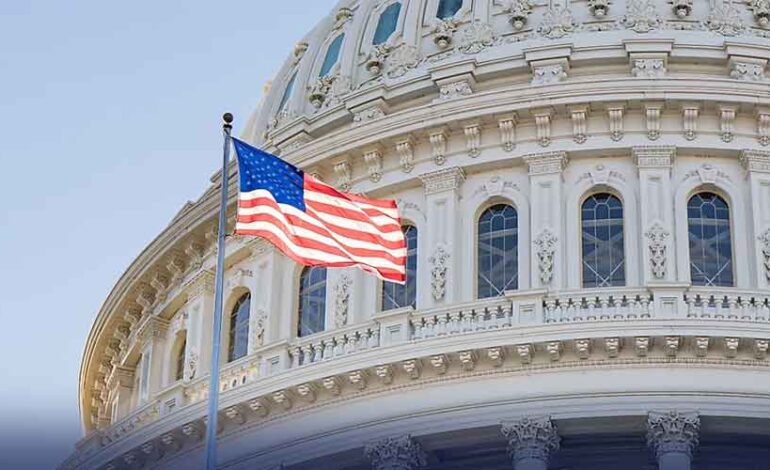
Teen Vaping Declines in Australia After Disposable Vape Ban
Study Shows Fewer Schoolchildren Vaping Since Australia’s Vape Crackdown
Australian Health Minister Mark Butler said vaping rates for young Australians “have now turned the corner”, adding that officials have seized more than 10 million illegal vapes in the past year.
Vaping rates among 14 to 17 year olds fell from 17.5% at the beginning of 2023 to 14.6% in April this year, according to the latest update from Cancer Council Australia’s nationwide study Generation Vape.
The survey also found rates for people aged over 15 reduced by more than a third.
“Our education and prevention campaigns as well as support to deter people from taking up vaping and smoking or to quit are making a difference,” he said in a statement.
New laws to stop single-use vapes from being made, imported, advertised and supplied in Australia were introduced in July 2024. Nicotine vapes can now only be legally purchased with a prescription at pharmacies. However, a black market for nicotine vapes has been thriving in the country for years.
The UK similarly banned the sale of disposable vapes from June this year.
Vapes are considered safer than normal cigarettes because they do not contain harmful tobacco – but health experts advise that they are not risk-free and the long-term implications of using them are not yet clear.
In his submission to the court, Uncle Pabai described the deep spiritual connection he and other locals have with the waters and land, especially the cemeteries. “Talking to my ancestors is a big part of my culture,” he wrote.
“If Boigu was gone, or I had to leave it, because it was underwater, I will be nothing.”
Uncle Paul, the other elder behind the court action, was equally stunned by the findings.
“I thought that the decision would be in our favour, and I’m in shock,” he said.
“This pain isn’t just for me, it’s for all people Indigenous and non-Indigenous who have been affected by climate change. What do any of us say to our families now?”
During earlier court hearings, Uncle Paul had described his childhood memories of Saibai in the 1970s and 1980s, when it was a “land of plenty”, with an abundance of barramundi, a type of fish, and crabs in inland freshwater swamps.
But now, more extreme weather events and higher sea levels meant an increase in saltwater coming inland, and coupled with less rain, the higher salt levels in the swamps have made it impossible for fish and crabs to survive, he said.
He told the court about a seawall – built around 2017 – that was breached by a king tide in 2020, destroying crops and flooding homes.
“If the water keeps on rising, in the way it has in the last 10 years or so, the seawall will not be able to protect Saibai at all,” he said in his submission.
“My country would disappear. I would lose everything: my home, my community, my culture, my stories, my identity. Without Saibai, I do not know who I would be,” the court heard.
In handing down his decision, Justice Wigney said that while the previous government “paid scant if any regard to the best available science” in setting emissions reductions, the new targets set by Labor were “significantly higher and more ambitious”.
In a joint statement following the court decision, Australia’s Minister for Climate Change and Energy Chris Bowen and Minister for Indigenous Australians Malarndirri McCarthy, said they “understand that the Torres Strait Islands are vulnerable to climate change, and many are already feeling the impacts”.
“Where the former Government failed on climate change, the Albanese Government is delivering – because it’s in the interest of all Australians,” the statement said.
Riona Moodley, from the University of NSW’s Institute of Climate Risk and Response said while the decision was “definitely a setback” for Torres Strait Islanders, it does not mean the law can not change.
“The reality is that Australian law will need to adapt to meet the challenges of climate change,” she told the BBC.
Her colleague Wesley Morgan said the court’s finding should also propel greater action from government on its climate policies.
“It must listen to the science telling us we need to be as ambitious as possible in the decade ahead,” he said.






